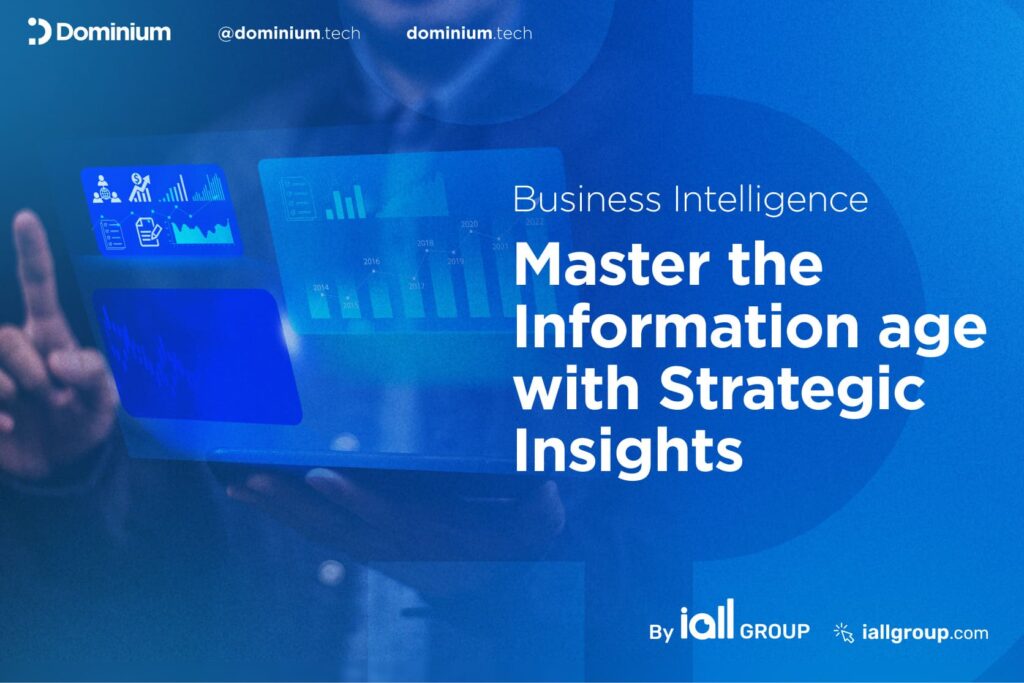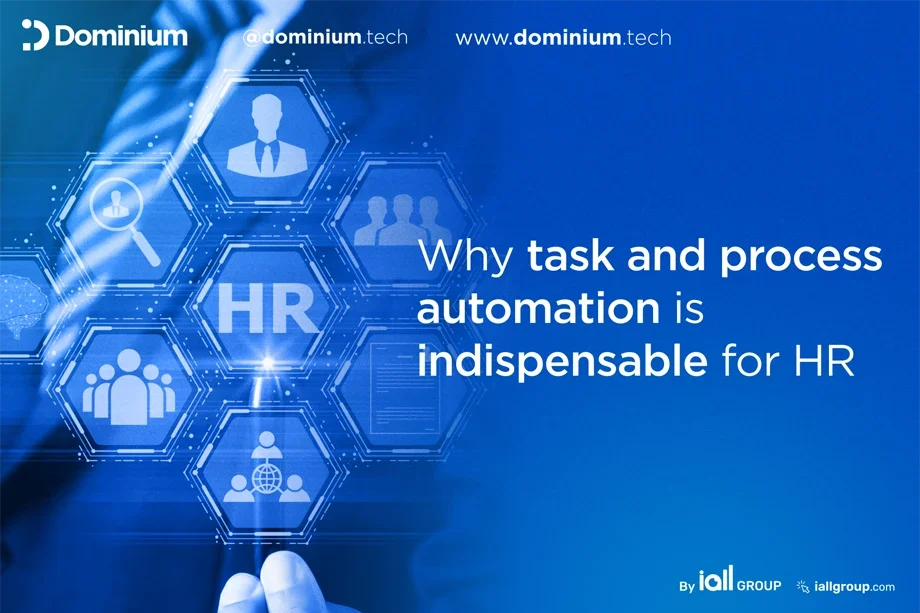Unlocking the power of Business Intelligence (BI) in the digital age
In the information age, the ability to access, analyze and use data effectively has become a fundamental competitive differentiator for companies. In this context, Business Intelligence (BI) emerges as a powerful tool for transforming raw data into strategic insights that drive growth and ensure a competitive advantage in the market.
What is Business Intelligence and why is it important?
Business Intelligence, or BI, refers to the set of technologies, processes and practices that transform raw data into meaningful information to support strategic decision making. With suitable BI solutions, companies can collect, analyze and visualize data from multiple sources, providing a clear understanding of business performance, customer behavior and market trends.
Benefits of investing in BI solutions
Data-driven decision making: By having access to actionable insights, companies can make informed and strategic decisions, aligned with business objectives and market needs.
Improving operations: Data analysis allows you to identify areas for improvement, optimize processes and increase operational efficiency, resulting in reduced costs and greater productivity.
Increased profits: With a clear understanding of consumption patterns, customer preferences and market opportunities, companies can develop more effective sales and marketing strategies, driving growth and increasing profits.
How to dominate the information age with BI?
Setting clear objectives
Before implementing a BI solution, it is essential to define clear objectives and align them with the company’s business strategy. This will help identify which data is most relevant and how it can be used to generate value for the organization.
Data collection and integration
The next step is the collection and integration of data from various sources, such as CRM systems, ERP, social media and others. Integrating this data into a centralized platform allows for more comprehensive and accurate analysis.
Data analysis and visualization
With the data collected and integrated, it is possible to perform advanced analysis to identify relevant patterns, trends and insights. Data visualization through interactive dashboards and personalized reports makes it easier to understand and interpret information, making it easier to make informed decisions.
Continuous action and monitoring
After analyzing the data, it is crucial to act on the insights obtained and continuously monitor the results to assess the impact of the decisions made. This allows you to adjust strategies as needed and ensure the company continues to adapt to market changes and customer demands.
In an increasingly data-driven world, Business Intelligence (BI) is essential for companies that want to stand out and prosper in the information age. With our team’s BI solutions, you can discover valuable insights, drive growth, and stay ahead of the competition.
At Dominium, we’re committed to helping you unlock the full potential of your data and transform it into strategic actions that drive your business success. Contact us today to learn more about how our BI solutions can benefit your business and begin the journey toward smarter, data-driven decision making.



